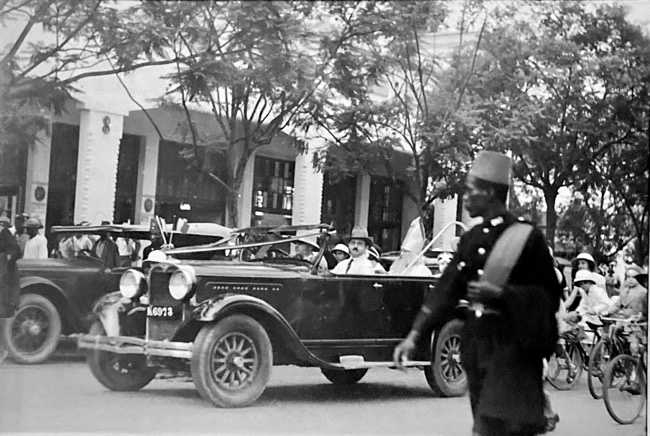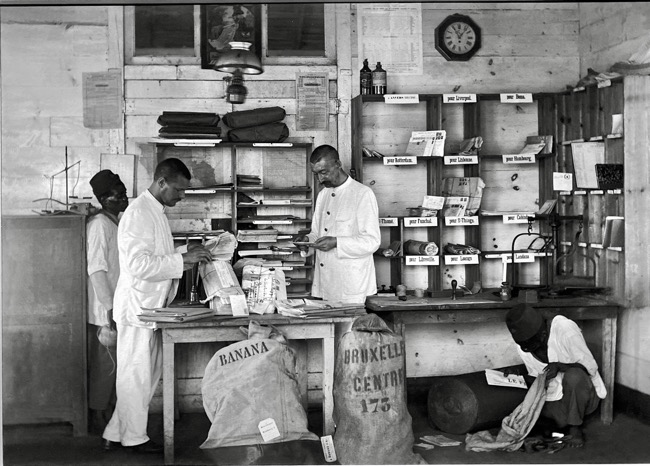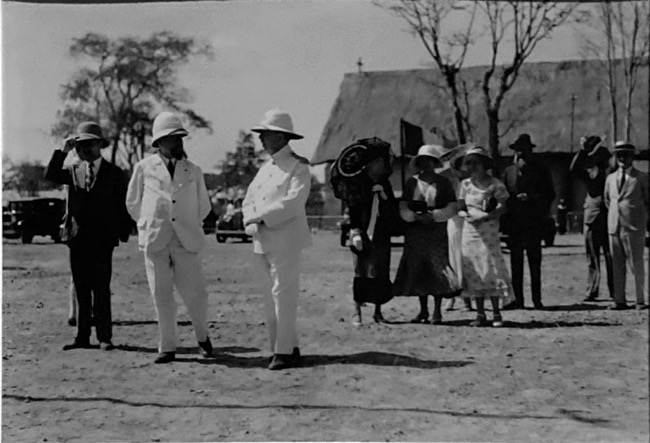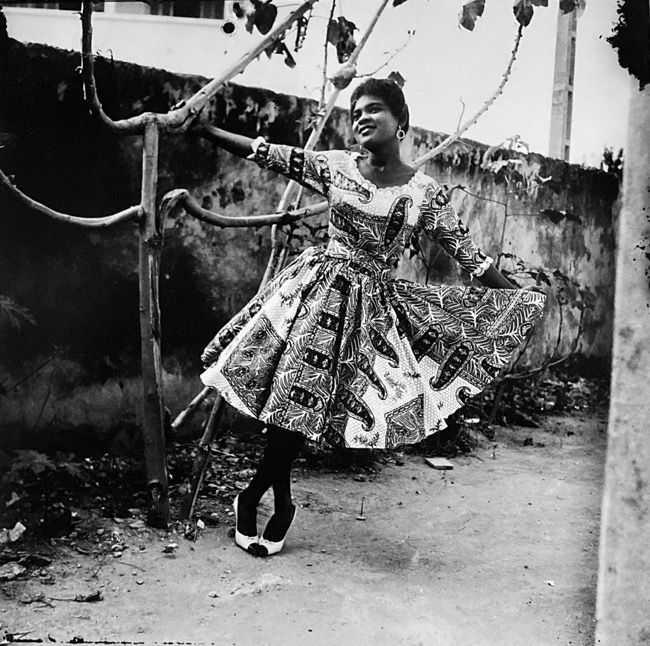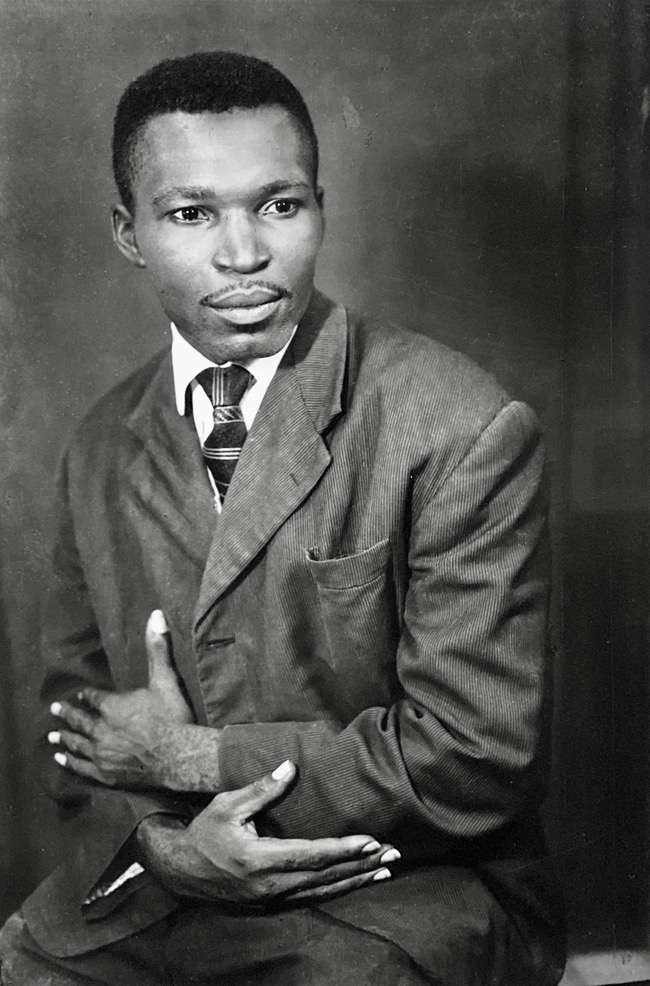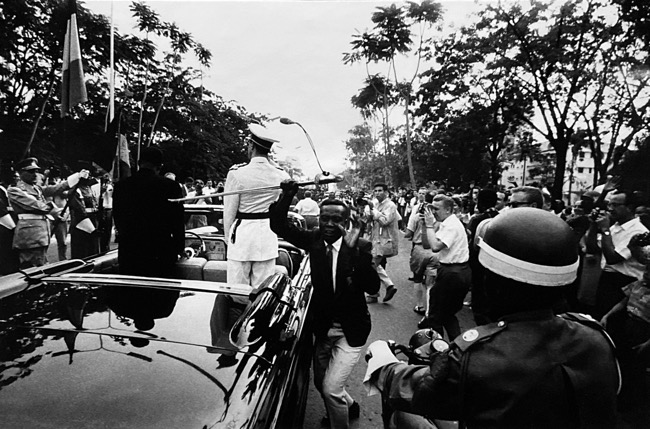Belgium and Congo have a long and difficult history. It started in the late 19th century when the King of Belgium, Leopold II, established his own (private) colony there: the Congo Free State, recognized internationally. Leopold ruthlessly exploited the large region and did not hesitate to terrorize the local populations with his private army until the international community started to get interested (late) and forced the personal rule to cease. Eventually, Congo became a Belgian colony in 1908. The brutal exploitation and arbitrary use of violence was reduced but at the same time, a certain level of continuity was established to the further exploitation of resources to the benefit of the dominary power. A colonial (white) power was well established and covered all parts of administration and justice. Belgium enforced an idealistic vision of Congo in the media, in photographs, in reports, depicting a sort of wonderland where local populations were growing happy, were educated, were provided healthcare and civilization, worked freely under the protection of the paternalistic good Europeans. An excellent example of this was given by Hergé, who otherwise enchanted my youth, in his album “Tintin in Congo”… The reality was rather different… social inequality and racial discrimination were the rule and the beautiful system collapsed after numerous hiccups and eventually led to the independence of Congo in 1960. The long and difficult history did not stop there and 60 years later, it continues to haunt the memories of the Belgians. The beautifully led out FotoMuseum of Anwerpen, FOMU, gives a large exhibition on the subject “Recaptioning Congo” in an attempt to highlight the contrasting perspectives from both African and European photographers. The photographs are disturbing, and shed light on the past and present relationships between Belgium and Congo. From the early 20th century judges and “white fathers”, to the tour of St Nicholas in 1933, to the visit of King Baudouin in 1960: a worthwhile trip through the 20th century, as seen with European and local Congolese eyes and a reflection of what civilization is and how it is portrayed by the winner.
